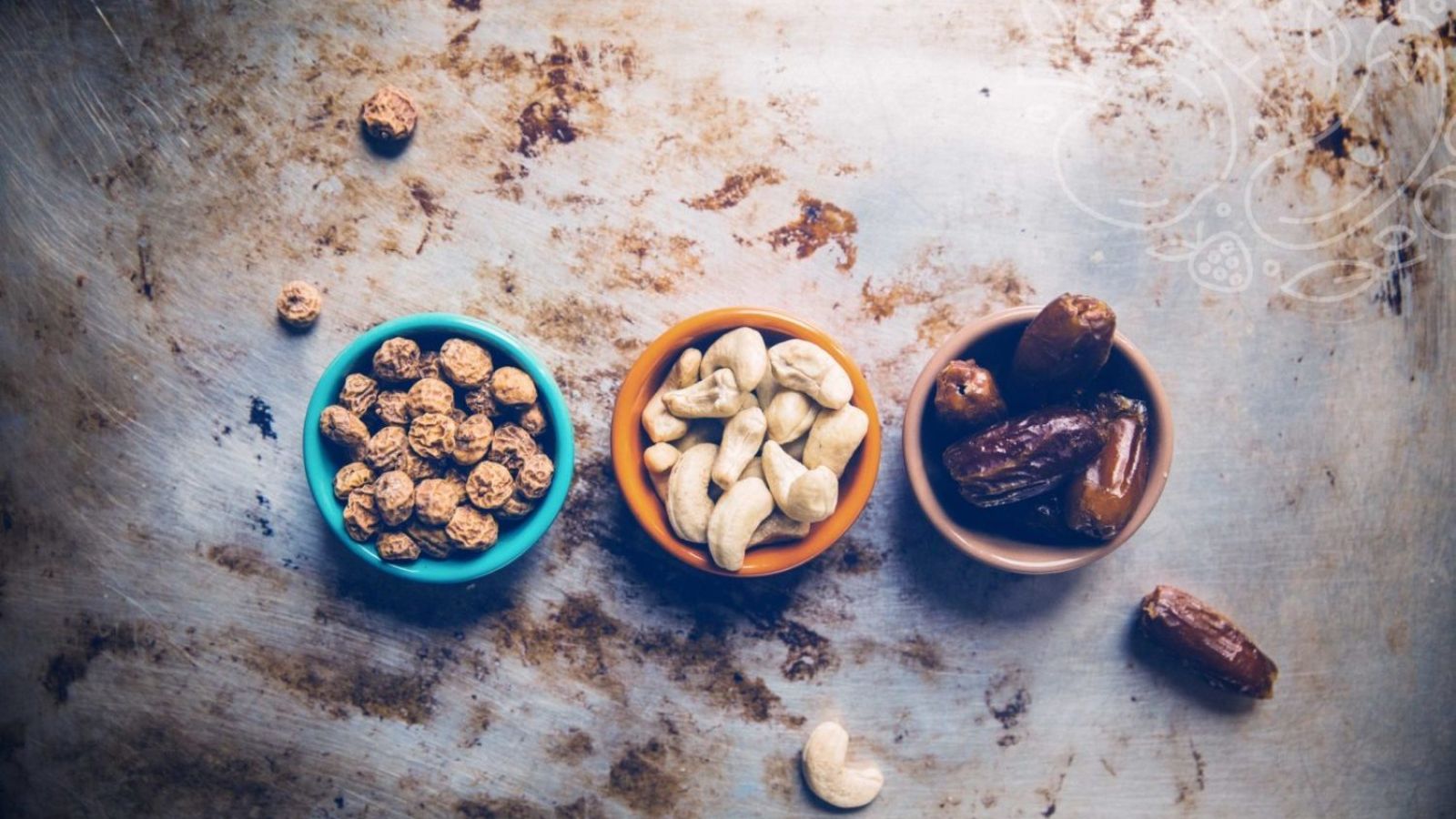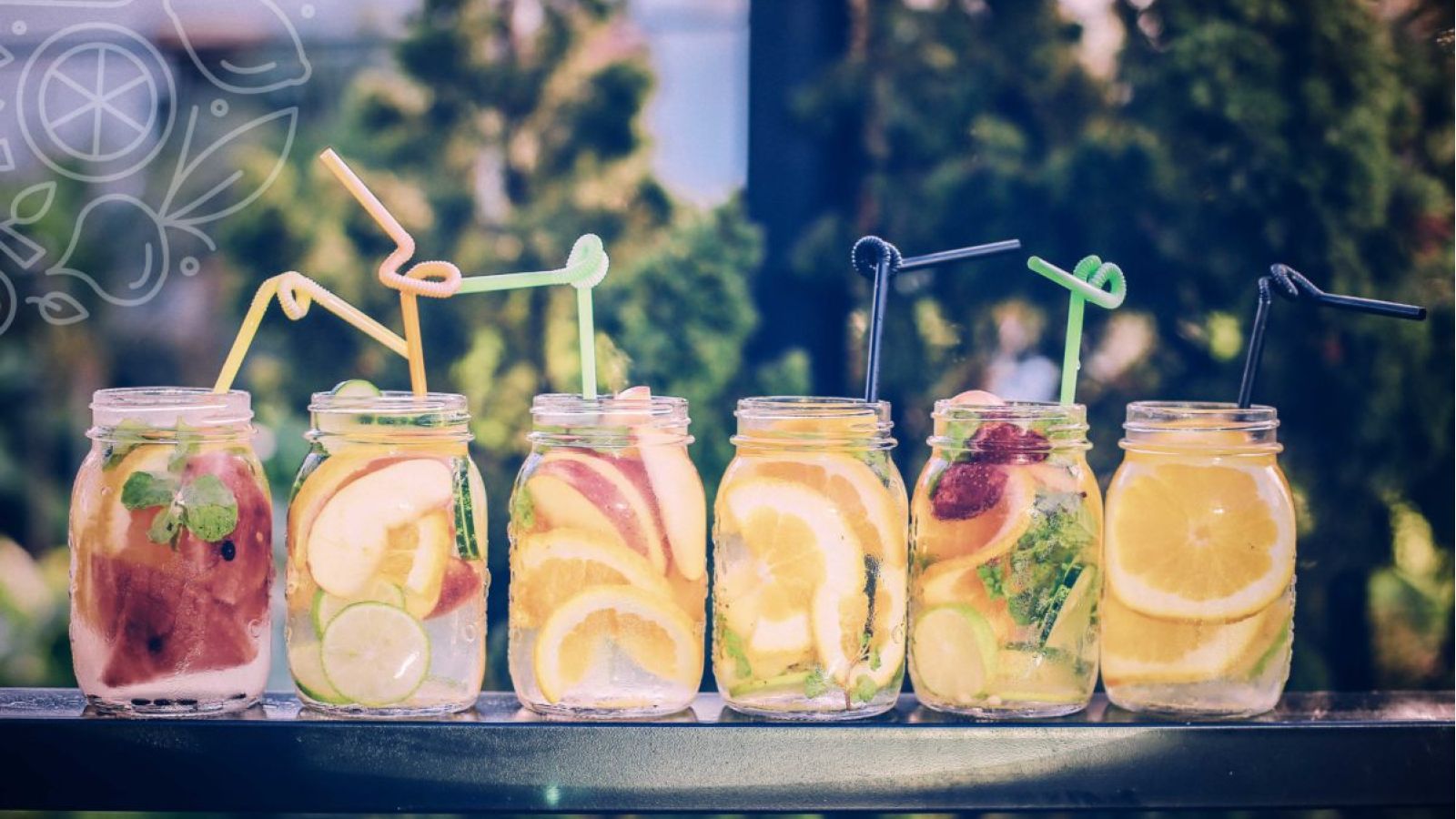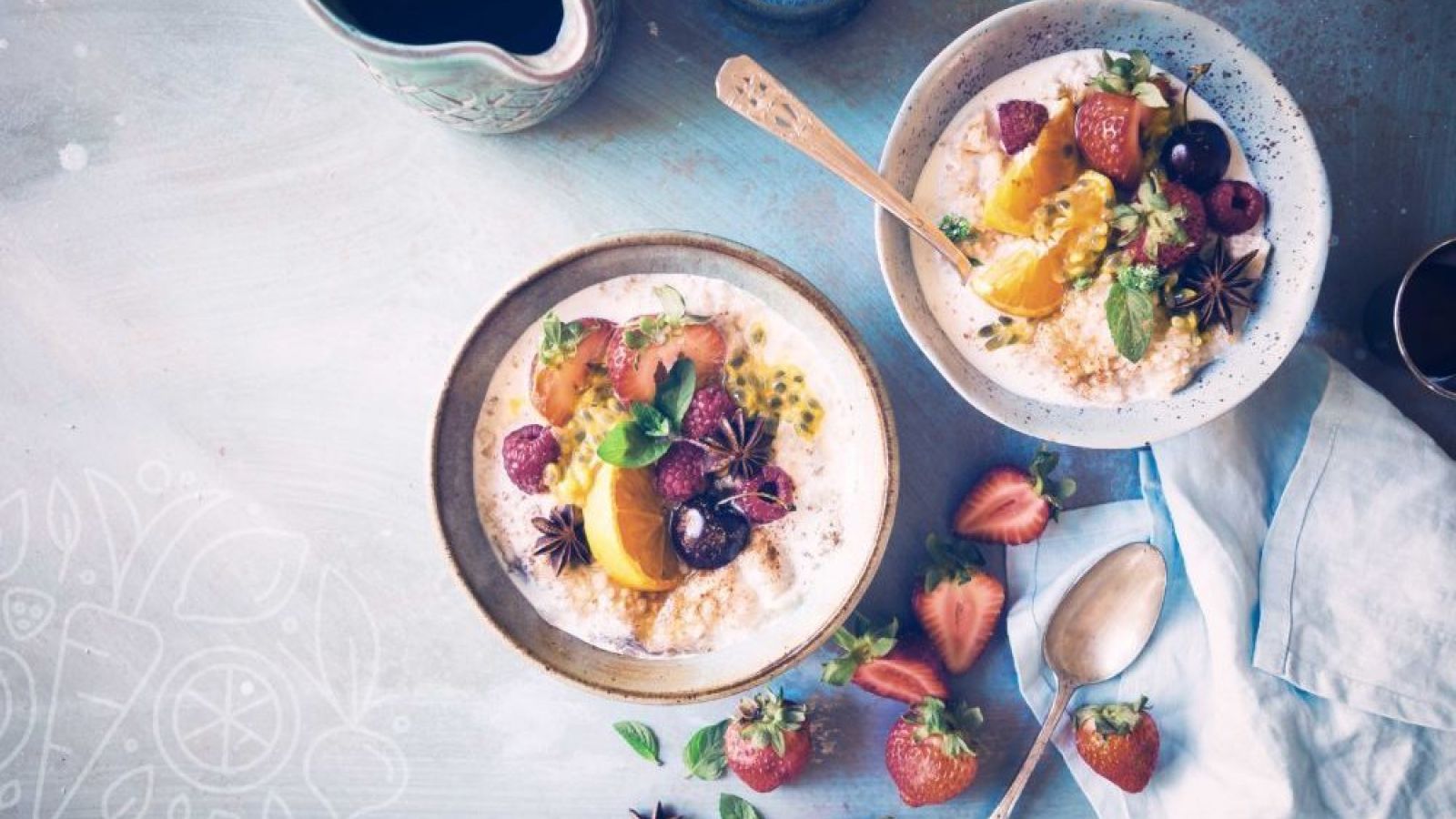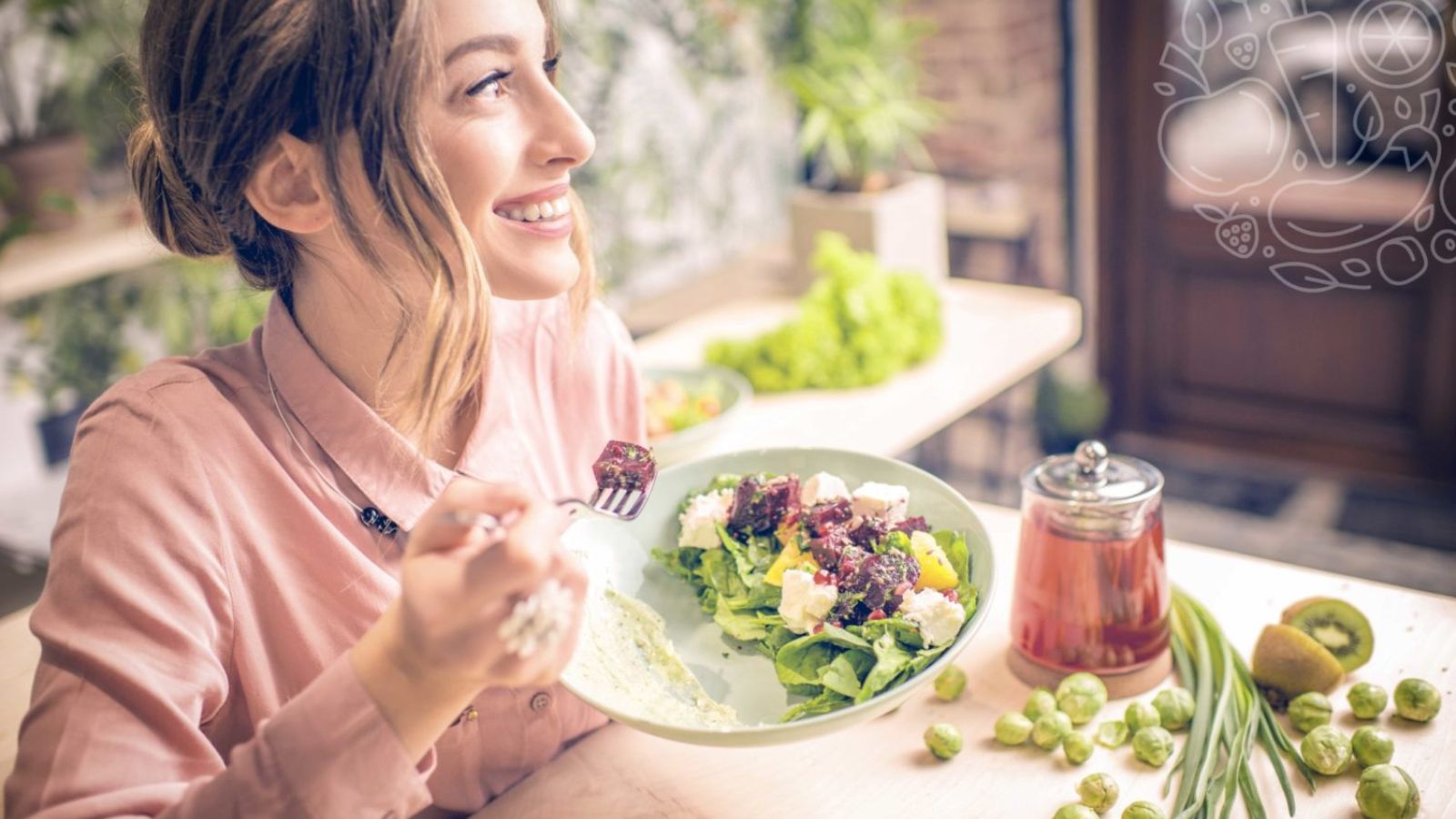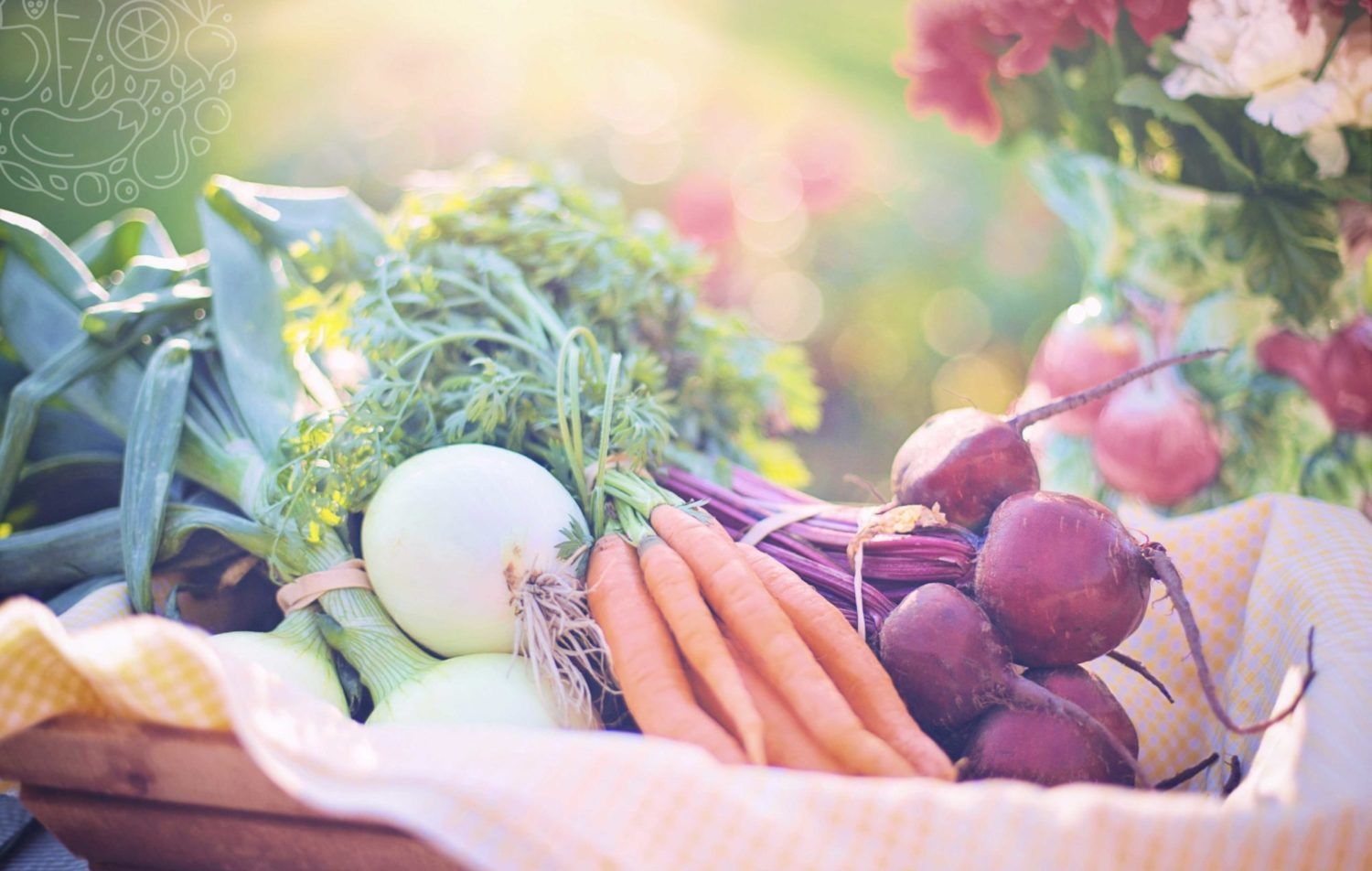
Balanced fertility diet based on five food groups
A healthy diet before pregnancy plays an important role in female fertility. Here is what a healthy pre-pregnancy diet and pregnancy diet could look like – based on a daily recommendation of 1800-2000 calories. Your calorie needs may be different, depending on your age, activity level and whether you are trying to lose, gain or maintain your weight.
The five food groups
The five food groups include fruits, vegetables, grains, protein foods, and dairy. In general, we recommend a higher intake of vegetables, fruits, beans, pulses and whole grains and a lower intake of animal-based foods to improve your fertility. Enjoy a wide variety of nutritious foods from the five groups every day to give your baby-to-be a healthy start!
Suggested servings from each food group
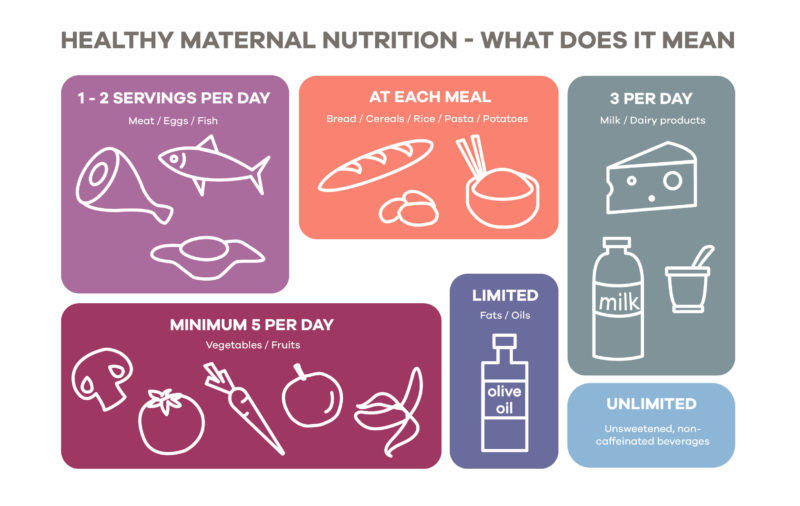
Vegetables & Fruits
Every day, at least 5 servings – especially dark leavy greens rich in folic acid and colorful fruits like berries rich in antioxidants
Protein-rich foods
Meat, eggs, fish: 1-2 servings per day. Fish and seafood at least twice a week, preferably oily fish rich in DHA. Alternatively, proteins from plant sources: legumes, pulses, nuts and seeds
Dairy products
Milk, yoghurt and other dairy products rich in Vitamin D: 3 servings per day (includes non-dairy nut/grain/soy-based milks that are fortified with calcium and vitamin D and with no added sugar)
Grains
At each meal! Grain foods are mostly made from wheat, oats, rice, rye, barley, millet, quinoa and corn. The different grains can be cooked and eaten whole, ground into flour to make a variety of cereal foods like bread, pasta and noodles, or made into ready-to-eat breakfast cereals
Fats and oils
Preferably liquid vegetable oils (olive, canola, sunflower) instead of tropical oils (coconut, palm) and animal fats (lard and butter).
